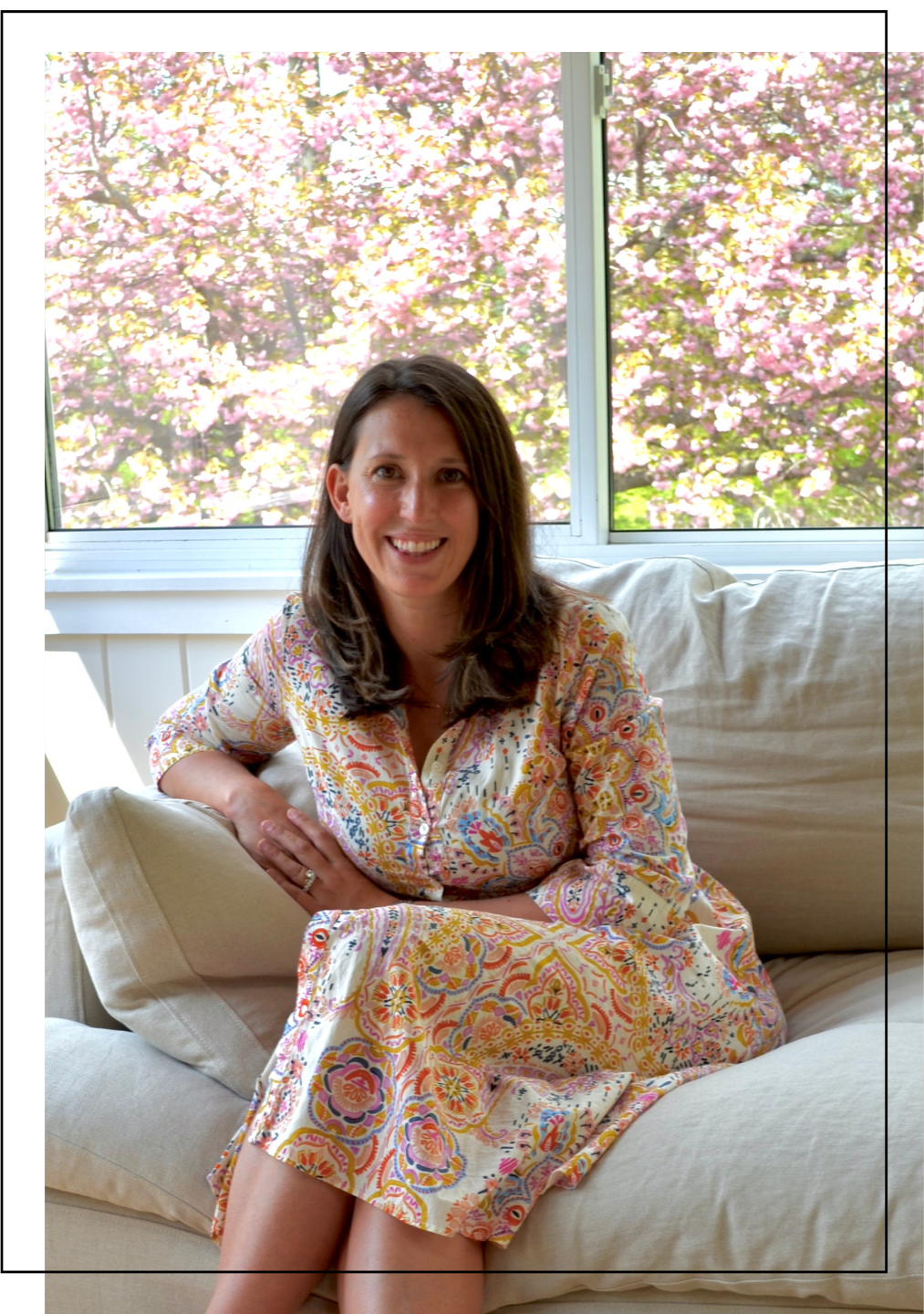Alexandra Kile
I’m a postpartum mental health expert and nurse practitioner helping new moms feel like themselves again using a real-world blend of holistic tools and evidence-based medicine.
Get SupportMeet Alexandra Kile!
Alex Kile is a postpartum mental health and wellness nurse practitioner
My Story
I’m Alexandra Kile, MSN, FNP-BC, PMH-C, a Board-Certified Family Nurse Practitioner certified in Perinatal Mental Health (PMH-C). I blend evidence-based medical care with holistic, root-cause healing- an east-meets-west approach designed to help women recover from postpartum anxiety by restoring sleep, repairing gut health, and reconnecting with themselves.
I went to George Washington University for nursing school and earned my master’s degree from New York University to become a Family Nurse Practitioner. After more than a decade in women’s health-most of it in a high-acuity labor and delivery unit at NewYork-Presbyterian-I thought I understood what postpartum life would be like.
I had counseled hundreds of women through pregnancy, birth, and recovery. So when I became pregnant with my son, I expected to feel prepared.
But life had other plans.
During my pregnancy, my father passed away from pancreatic cancer. The grief was heavy, and the stress took a toll on my mind and body. My pregnancy was difficult, and my delivery—despite all my clinical experience and the countless births I’d witnessed—was traumatic in ways I never expected.
Still, I held it together. Maternity leave gave me space to breathe, bond, and settle into motherhood.
But when I returned to work, everything changed.
I was suddenly overcome with crippling anxiety, intrusive thoughts, and an overwhelming fear that something terrible would happen. I was scared to be home alone with my baby. I couldn’t sleep, even when he was sleeping. I felt ashamed and confused- how could someone like me, a medical professional, be falling apart like this?
The truth is: I wasn’t alone.
💡 1 in 5 women experience a perinatal mood or anxiety disorder (PMAD).
💡 Postpartum anxiety is just as common as postpartum depression—yet it’s talked about far less and treated even less often.
Eventually, I reached out for help—and that changed everything.
I started showing up for myself the way I wanted to show up for my son. I began prioritizing nervous system regulation, sunlight, movement, therapy, gut health, and rest. I stopped looking for quick fixes and started healing from the inside out.
Everything I now offer in my practice is grounded in evidence based science—bridging traditional medicine with holistic healing. My goal is to treat the whole woman, not just her symptoms, through an integrated approach to mental and physical wellness.
That’s why I stepped away from traditional medicine. I wanted to support women before they hit a breaking point—to create a space where they feel seen, heard, and supported, not rushed through a six-week checkup and told, “you’re fine.”
If you’re in the thick of it—exhausted, anxious, or feeling like you’ve lost yourself—you’re not broken. You’re just human. And with the right support, you can feel like you again.
Let’s talk about what you’re going through and how we can help you feel grounded, balanced, and whole again.
👉 [Book a Free Discovery Call]

But Then Everything Changed...
The low point came when I was overwhelmed with anxiety. I couldn’t shake the constant worry and intrusive thoughts, and I felt disconnected from my son. The fear was paralyzing, and I was ashamed. As a healthcare professional, I should have known better. But despite my training and experience, I felt like I was falling apart—and I didn’t know how to fix it.
The turning point happened when I decided to take action. It wasn’t about fixing everything all at once—it was about speaking up and allowing myself to be vulnerable. I reached out to my therapist, and in that moment, I felt something I hadn’t in months: I felt seen. She didn’t make me feel like a failure or a monster. She heard me, understood my pain, and helped me navigate my overwhelming emotions. For the first time, I realized I didn’t have to carry the burden alone.
Taking action—not hiding behind pride or shame—was my catalyst for change. Along with therapy, I made the decision to start Zoloft, an SSRI that helped me regain the emotional stability I needed to start doing the deeper work of healing. I also began healing my gut health, as I knew how interconnected our digestion and mental health can be. I focused on meditation and nervous system regulation, and started prioritizing things that grounded me: sunlight, movement, rest, and nourishing my body. It wasn’t easy, but little by little, I was able to rebuild myself.
Things around me changed for the better. I became a better mother, partner, and advocate for myself. I stopped pretending I was okay when I wasn’t, and started showing up for myself the way I wanted to show up for my son. I learned that healing doesn’t happen overnight, but with support, it is possible.
Today, I live a life where I feel connected, peaceful, and empowered. I want every woman to know that no matter how low you feel, there is a way back. You don’t have to do it alone, and you don’t have to be perfect. You are enough, and you are worth the journey.





